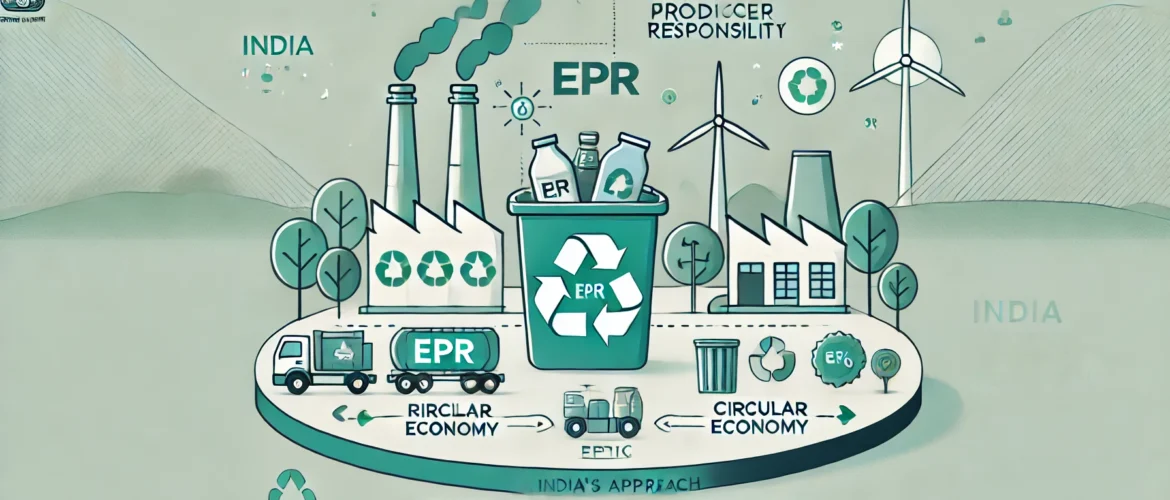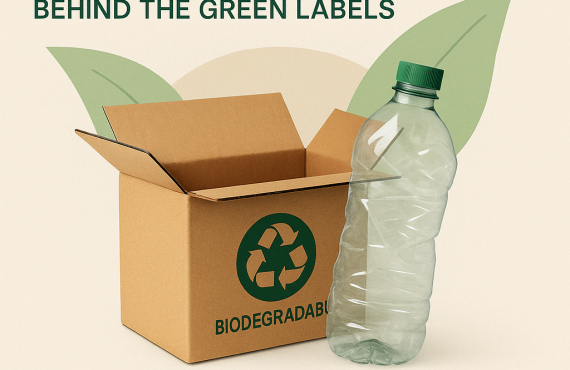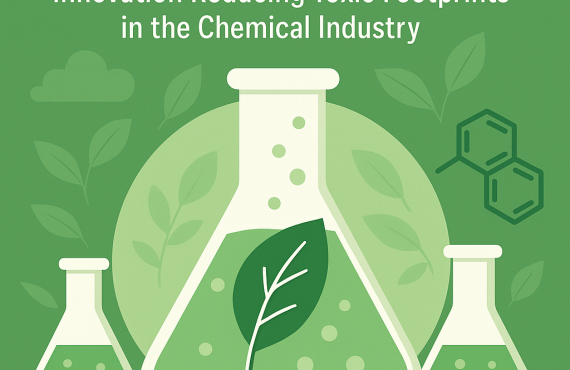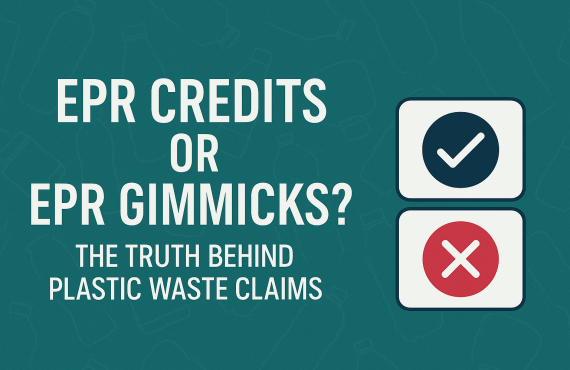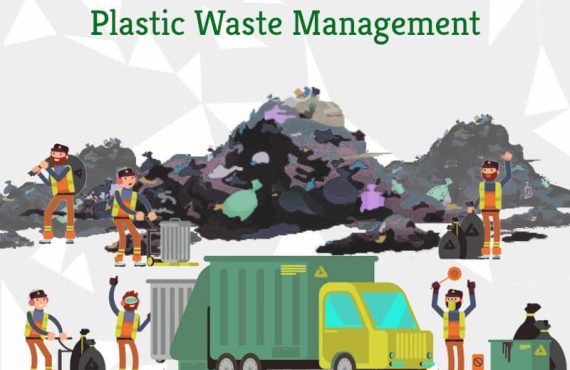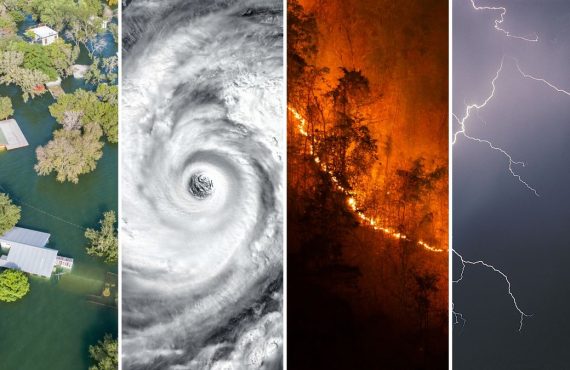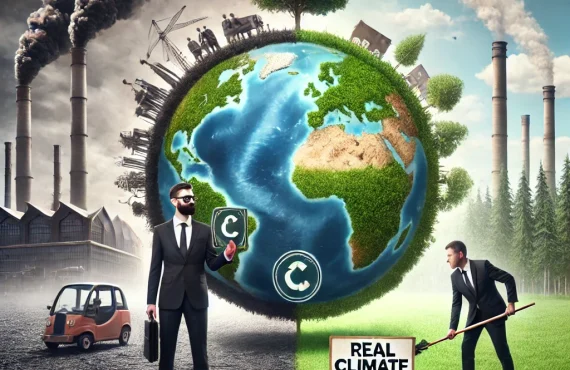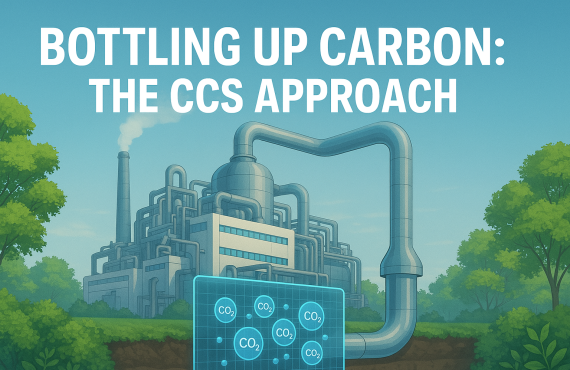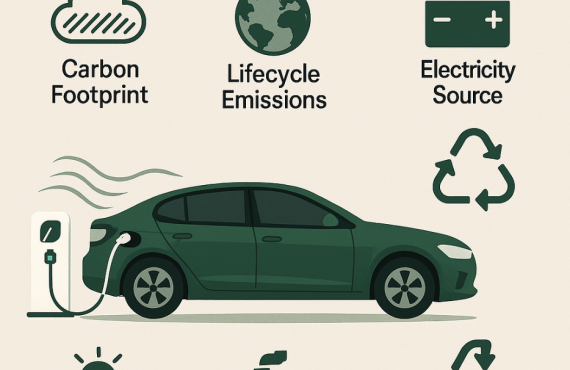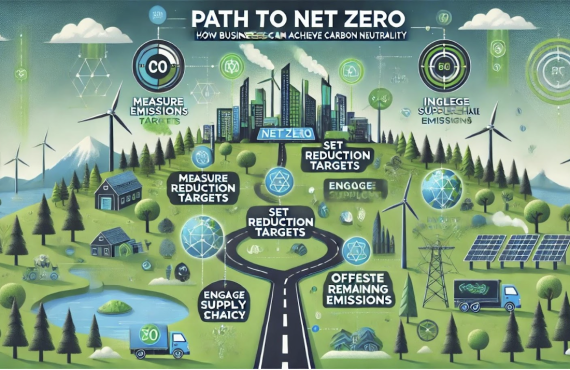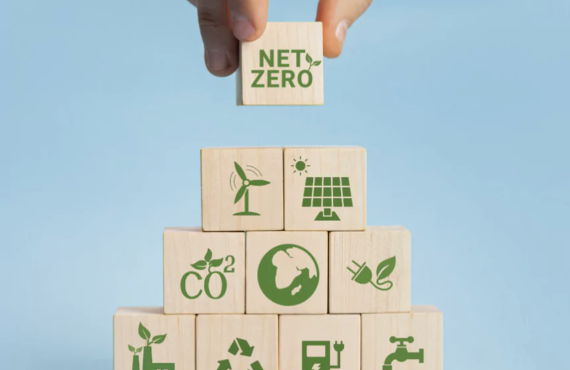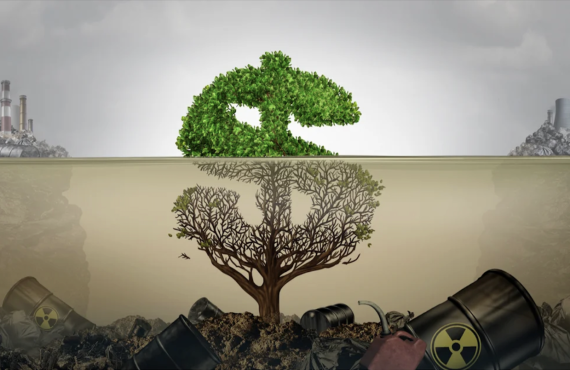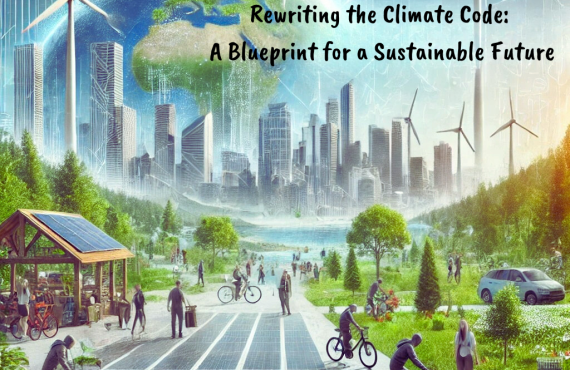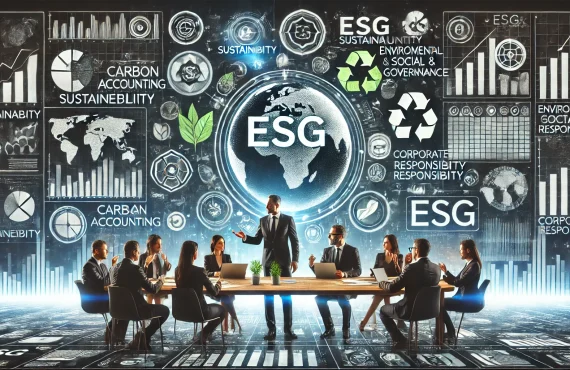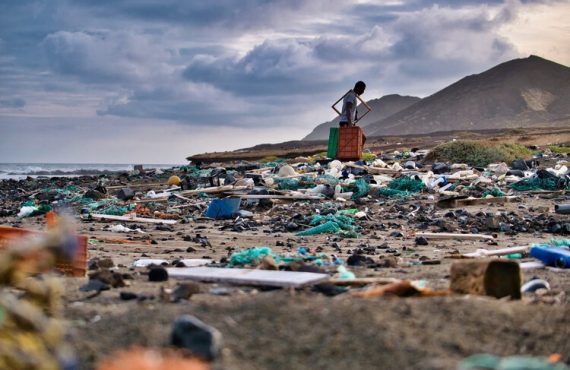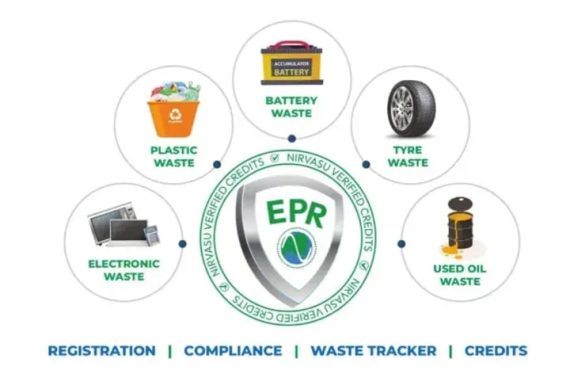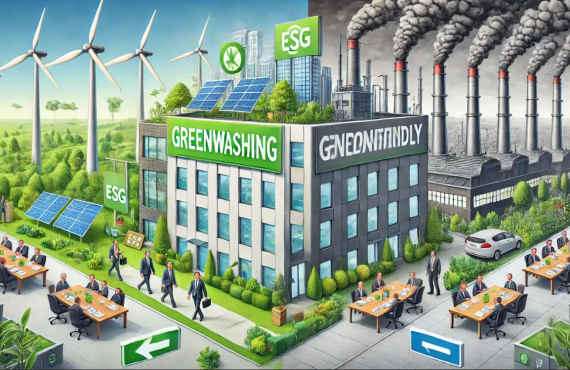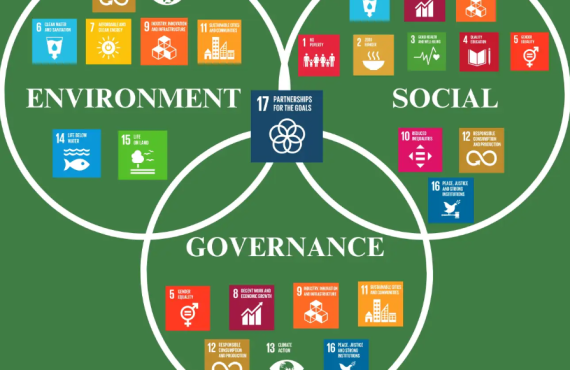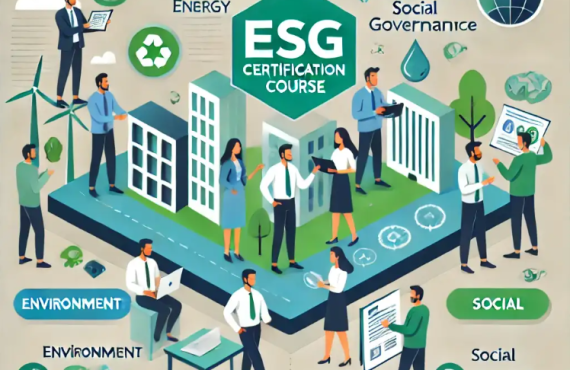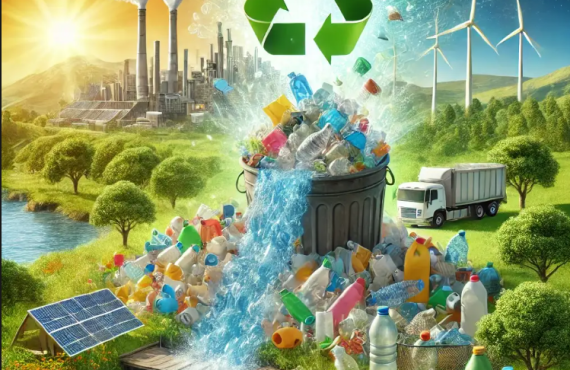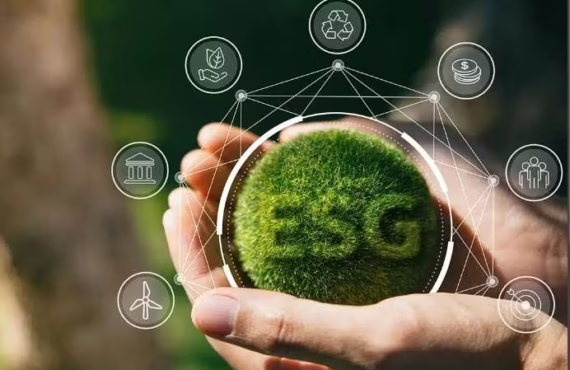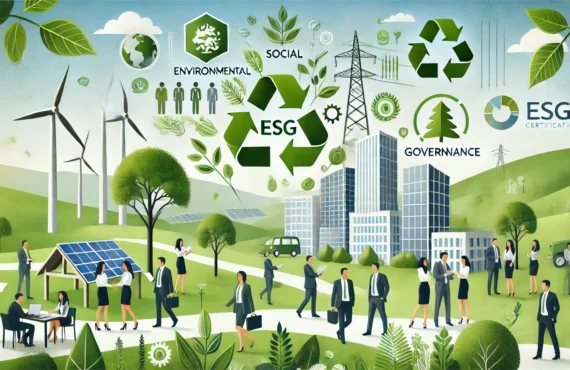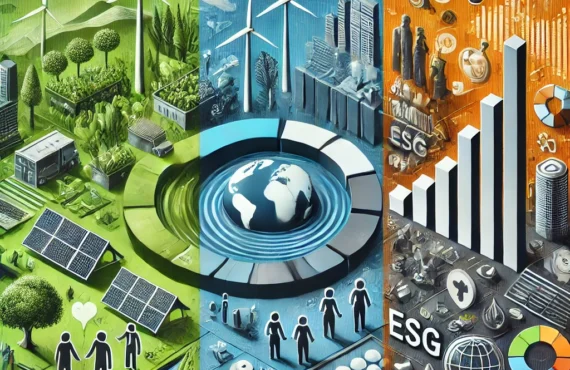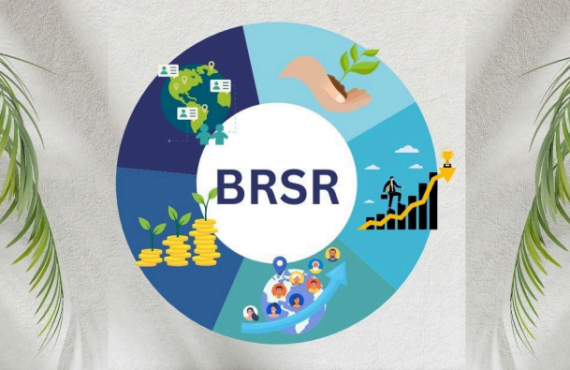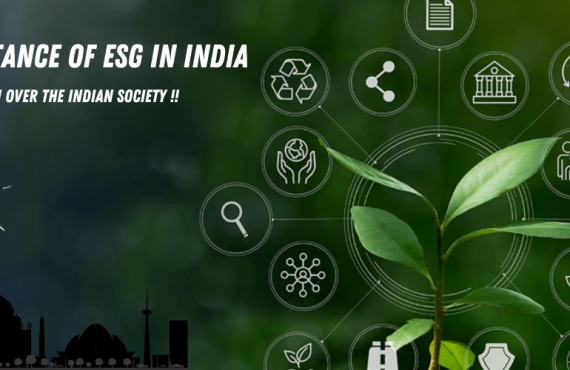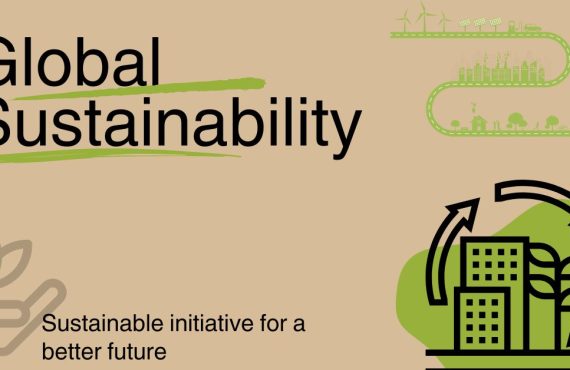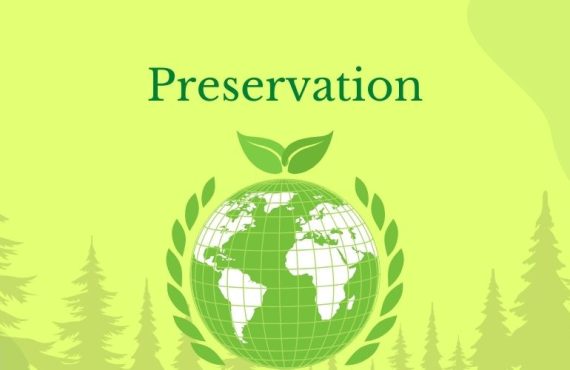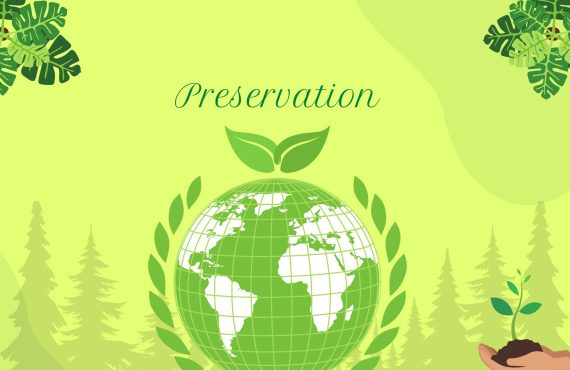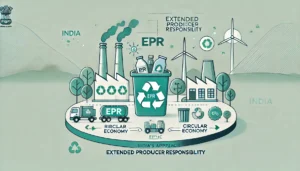
From Policy to Practice: How EPR is Reshaping India’s Approach to Plastic Waste Management and Combating Plastic Pollution
Plastic pollution is one of the most pressing environmental challenges in India. From bustling metropolitan cities to serene rural landscapes, the effects of plastic pollution are evident everywhere. Moreover, with an annual production of over 9.4 million tons of plastic, India’s waste management systems have struggled to keep up.
What is EPR and How Does it Address Plastic Pollution?
EPR in India, introduced under the Plastic Waste Management (PWM) Rules, 2016, mandates producers, importers, and brand owners (PIBOs) to take responsibility for managing the plastic pollution generated by their products.
Specifically, it requires them to ensure proper collection, plastic recycling, and disposal, thereby creating a shared responsibility for a cleaner environment.
pollution effect mental health to get know about how mental health is effected by pollution now days. click on mental health
How EPR is Transforming Plastic Waste Management in India and Reducing Plastic Pollution
Driving Accountability Among Producers:
In this context, EPR compels companies to rethink their production processes. Leading Indian businesses, therefore, are developing strategies to reduce plastic usage, adopt sustainable packaging, and manage post-consumer waste effectively. Platforms like PRO India Plastic Recycling and Solutions are also helping producers meet EPR obligations by offering end-to-end solutions for collection, recycling, and compliance, ultimately playing a pivotal role in curbing pollution.
Boosting Recycling Ecosystems:
Furthermore, EPR has catalyzed the growth of India’s recycling infrastructure. Collaborations between PIBOs, recyclers, and waste management firms have led to the establishment of material recovery facilities (MRFs) and advancements in plastic recycling technologies, which are essential for reducing.
Empowering the Informal Sector:
Additionally, India’s informal sector plays a significant role in waste management. EPR policies, therefore, encourage the integration of ragpickers and waste collectors into formal systems, ensuring fair compensation and improved working conditions. This approach is key to reducing through more organized waste collection.
Promoting Circular Economy Practices:
Through EPR, India is gradually shifting from a linear “produce-use-dispose” model to a circular economy. Recycled plastic is now being repurposed into products like textiles, packaging, and construction materials. This shift is reducing dependency on virgin plastic and further addressing plastic pollution. In this regard, PRO India Plastic Recycling drives the circular economy by closing the plastic waste loop.
Technology-Enabled Monitoring:
Moreover, digital platforms for EPR compliance are being used to track waste collection, recycling targets, and producer accountability. These tools, therefore, ensure transparency and efficiency in meeting EPR registration and reporting requirements.
Success Stories in India
Government-Industry Partnerships:
In addition, companies like Coca-Cola, PepsiCo, and Unilever are collaborating with municipal bodies to collect and recycle plastic waste. Such initiatives, in turn, help achieve EPR goals while raising awareness about responsible consumption.
State-Led Innovations:
Maharashtra and Tamil Nadu are enforcing strict EPR, requiring producers to submit waste management plans and meet recycling targets. These efforts are directly contributing to the reduction of plastic and water pollution in these regions.
Startup Ecosystem Contributions:
Challenges in Implementation
Despite significant progress, India’s EPR journey is not without challenges:
- Lack of Awareness: Many small-scale producers remain unaware of EPR regulations and their obligations, which hinders efforts to fight pollution effectively.
- Inadequate Infrastructure: Rural areas, furthermore, face limited access to waste segregation and recycling facilities, allowing plastic pollution to remain a significant concern.
- Compliance Monitoring: Ensuring that all PIBOs adhere to EPR registration rules remains a complex task for regulatory authorities, thus slowing the progress of plastic pollution management.
- Plastic Waste Leakage: A considerable amount of plastic waste still escapes the formal collection systems, ultimately ending up in landfills or waterways, significantly contributing.
The Road Ahead: Reducing Plastic Pollution through EPR
For EPR to achieve its full potential in India and effectively reduce pollution, a multi-stakeholder approach is essential. To this end, the following steps are necessary:
- Strengthen Regulations: The government must enforce stricter penalties for non-compliance while incentivizing companies that meet or exceed EPR targets. This will, in turn, ensure a tangible reduction in plastic pollution.
- Support Local Recycling Units: By boosting small-scale recycling units with funding and technology. India can create jobs, improve plastic recycling rates, and reduce plastic pollution.
- Consumer Awareness: Campaigns to educate citizens about waste segregation and recycling can significantly enhance the efficiency of EPR systems, further addressing plastic pollution at the grassroots level.
- Integrate Informal Workers: Recognizing and formalizing the role of the informal sector can improve waste recovery and recycling processes, playing a crucial part in combating plastic pollution.
To know rules of EPR on glass, paper and metal packaging click here:


